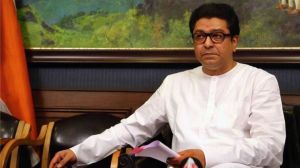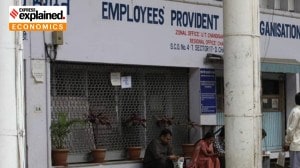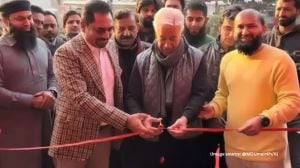People146;s coup
Bangkok comes to a standstill. But will fresh elections yield a solution?

Bangkok8217;s Suvarnabhumi airport was to be Thailand8217;s symbol of resilience. After the blows its economy took in the financial crisis of the late 8217;90s, it was to denote the country8217;s capacity for big dreams and their achievement. Today it is an ironic symbol of the confusions Thailand is binding itself in. This week anti-government protesters grounded flights in and out of Bangkok by taking over the airport and escalating a political crisis that8217;s been brewing for months. The government has gone into hiding and is unwilling to disclose its location, though it insists it8217;s business as usual. For an economy that depends primarily on tourism and the service sector, this anarchy could be crippling. The army, which is traditionally loyal to the king and which has been guarded about taking on the protesters, has called for elections. But more fundamentally, the crisis points to the confusion amongst Thailand8217;s elite about how they define democracy.
What started off as a small protest in August now culminates as a potential coup d8217;etat. The People8217;s Alliance for Democracy have been urging the PM to resign peacefully. Somchai Wongsawat stood his ground and politely refused. He was, after all, elected to power with a 71 per cent majority. Ironically, the PAD, predominantly made up of Bangkok8217;s urban elite and seen to be pro-palace, seem to have their own version of democracy, which they wish to push: a new electoral process, which would ensure that Wongsawat, his party the PPP, and his brother-in-law, the much-hated populist Thaksin, are never to be seen in politics again. The PAD argues that the PPP was voted to power 8212; once democracy was restored after the 2005 army coup removed Thaksin8217;s government 8212; by an ill-informed vote by the countryside.
This political stalemate, born of an impatience with the first-past-the-post electoral system, has reached crisis point. Thailand was looked upon as the beacon of light in Southeast Asia. As Cambodia, Vietnam and Laos blew up into their bitter crises Thailand functioned democratically; despite ample changes in government it was a key figure in ASEAN. The current crisis is altering the country8217;s image in ways its people may not really like.
- 01
- 02
- 03
- 04
- 05































